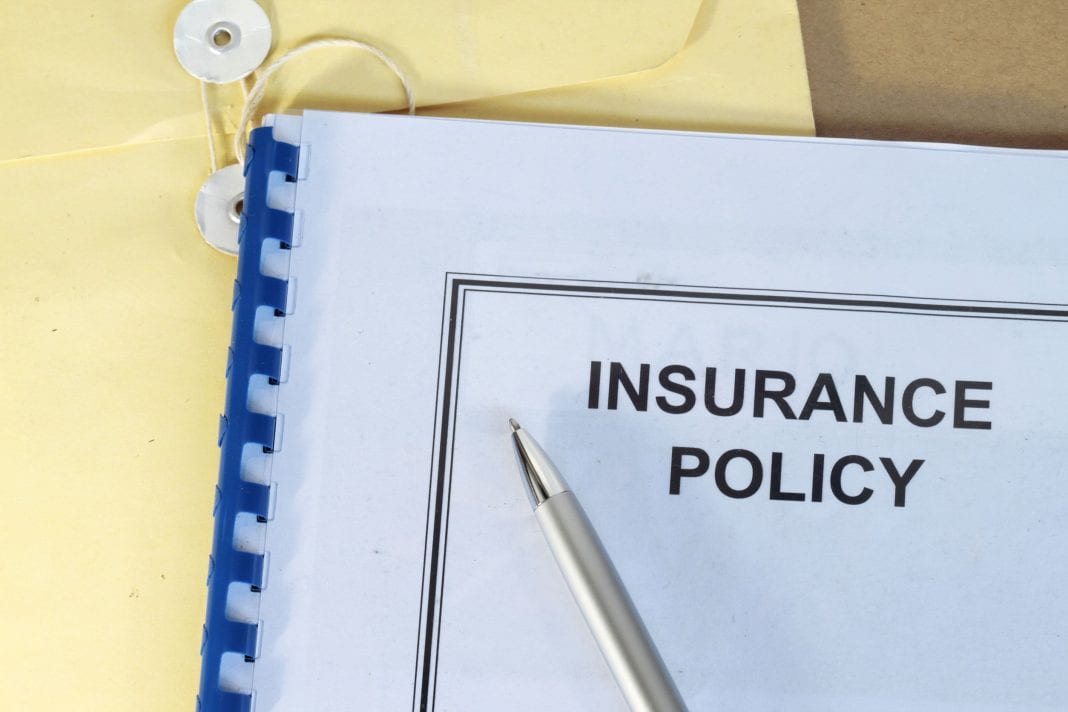Table of Contents - Jump Ahead:
When you purchase an insurance policy, you expect your insurer to be there for you when you need them. If you get into a car accident, resulting in damage to your car and injury to your body, you would open up an insurance claim to receive the money you need to fix your car and get the proper treatment for your injury.
If your employee stole your business property, you would expect your insurance company to cover you according to the limits of the policy you purchased. Or, if a fire ravaged your town and destroyed your business headquarters, you’d pursue an insurance claim to pay your expenses and get back up and running.
Whichever situation you happen to be dealing with, you turn to your insurer to pay out the money you’ve been contributing to your premium over several months or even years. When these companies deny benefits without proper cause, they are acting in bad faith.
The Definition of Insurance Bad Faith
What happens when an insurer delays or outright avoids paying a claim? Legally, most courts agree that insurers need to act in good faith and be fair to their customers when handling policy payouts, so when they don’t, their dealings are called bad faith.
Insurance companies uphold bad faith practices for one reason: to protect their profits. They may delay a case or deny a claim simply to ensure that they don’t have to dispense money to their customers.
These companies might use deceptive practices like misconstrue the language of their own policies, make ridiculous demands on the customer to provide proof of loss or not follow through with a comprehensive investigation. For example, if a business owner’s headquarters burn down, and their insurance company never visits the site for an investigation and then subsequently denies the claim, they are acting out of bad faith.
What Is an Insurance Bad Faith Lawsuit?
Thankfully, customers have the power to fight back against insurance bad faith. They can take their insurance companies to court, in front of a jury, who will give a fair and honest opinion to the judge. This is extremely helpful, considering that insurance companies have seemingly unlimited funds and teams of powerful attorneys behind them. Having a jury of peers there puts policyholders and insurance companies on the same level.
When going to court for an insurance bad faith lawsuit, policyholders may be entailed to more in damages than just those that came up because of the insurance claim in the first place. For example, if policyholders had to take off work, shut down their businesses for some time, experienced emotional distress or had to pay attorneys’ fees to deal with the case, the court could require the insurance company to cover these extra costs.
These lawsuits usually fall under common-law tort claims; the law varies state to state. Some states have statutory laws for insurance bad faith, so policyholders may be able to pursue a lawsuit under that as well.
It’s on the policyholder to be able to prove two things: First, that the insurance company withheld benefits that that policyholder paid for, and second, that the reason the benefits were withheld was unreasonable.
Some evidence for the latter would go back to how the insurance company proceeded when presented with a claim. Did they delay the necessary steps? Did they misrepresent the provisions of their policies? Along with collecting this imperative information for the court, policyholders should consult with an insurance bad faith attorney to see what other kinds of evidence would qualify.
Typically, in a court of law, the most common types of insurance bad faith cases are claims denials, business interruption and commercial claims.
Claims Denials
This can apply to a number of different types of insurance policies, and occurs when an insurance company denies a claim without good reason. For example, they may deny a policyholder their money simply so they don’t have to make a payout. Claim denials can occur at any point, such as when the incident first occurs, prior to an investigation or after the policyholder has turned in the necessary documentation and proof that a company required.
Business Interruption
Another type of insurance bad faith claim that often comes up is business interruption. This applies not only for fires, but any type of disaster that caused an interruption in a business’ day-to-day activities.
Businesses will take out these policies to ensure that they are covered for operating expenses and bills that need to be paid in the wake of the disaster. They may need money for things like temporary office space, for example, and will go to their insurance to claim it. Insurance companies can sometimes uphold shady practices like claiming there was arson involved in a fire, even if they never took the time to investigate the situation thoroughly.
Commercial Claims
Along with business interruption insurance, businesses will purchase commercial insurance to protect their employees, investments, property and inventory. If an incident occurs – say, a contractor is installing a piece of equipment and he accidentally breaks it – a business owner has the right to pursue a claim. If an insurance company attempts to blame the business for not hiring the right contractor without any evidence, for example, the insurance company may be held liable of acting in bad faith.
Protecting Policyholders
In order for policyholders to be properly protected, they need to hire skilled insurance bad faith attorneys who are prepared to defend them. Oftentimes, these huge insurance companies, who act aggressively and will do their best to find a way not to pay, intimidate policyholders. With an experienced insurance bad faith attorney on their side, a policyholder can rest assured that they’re in good hands and will receive the compensation they deserve.


































